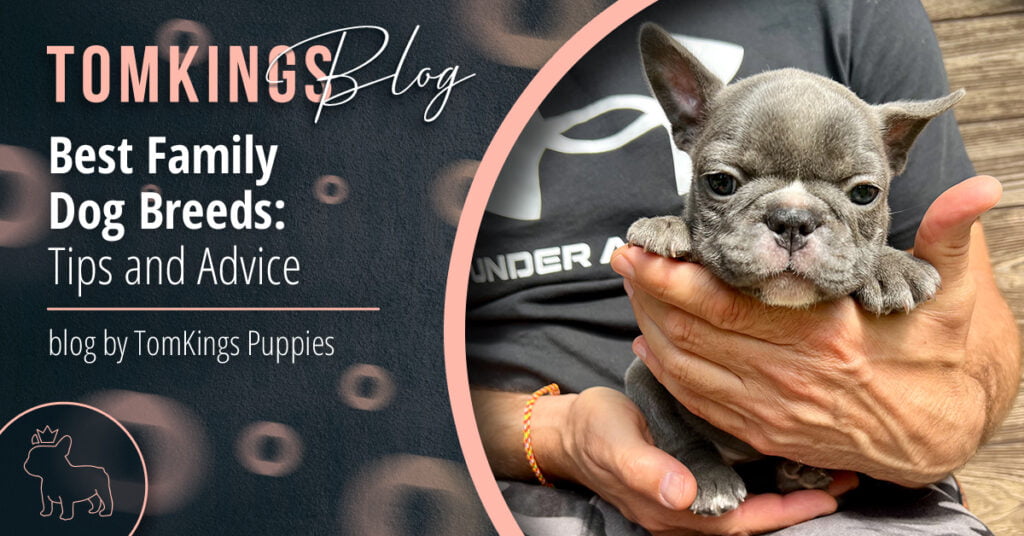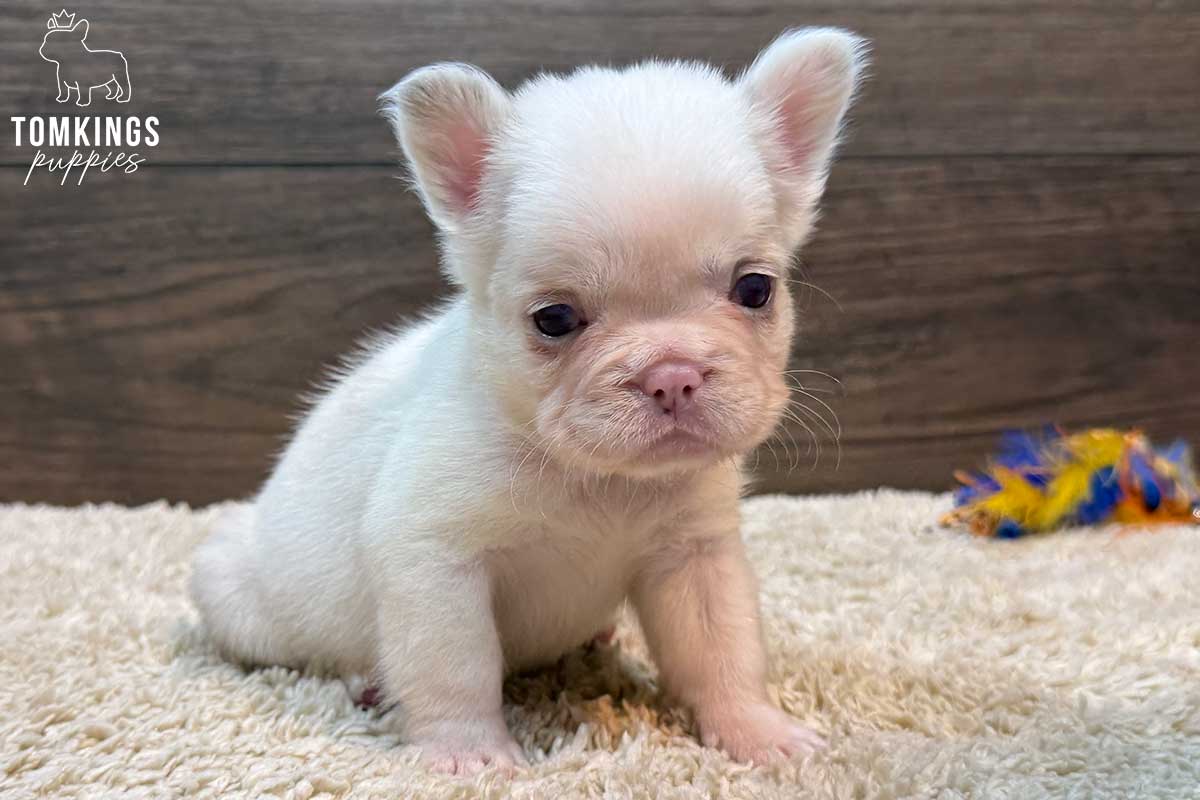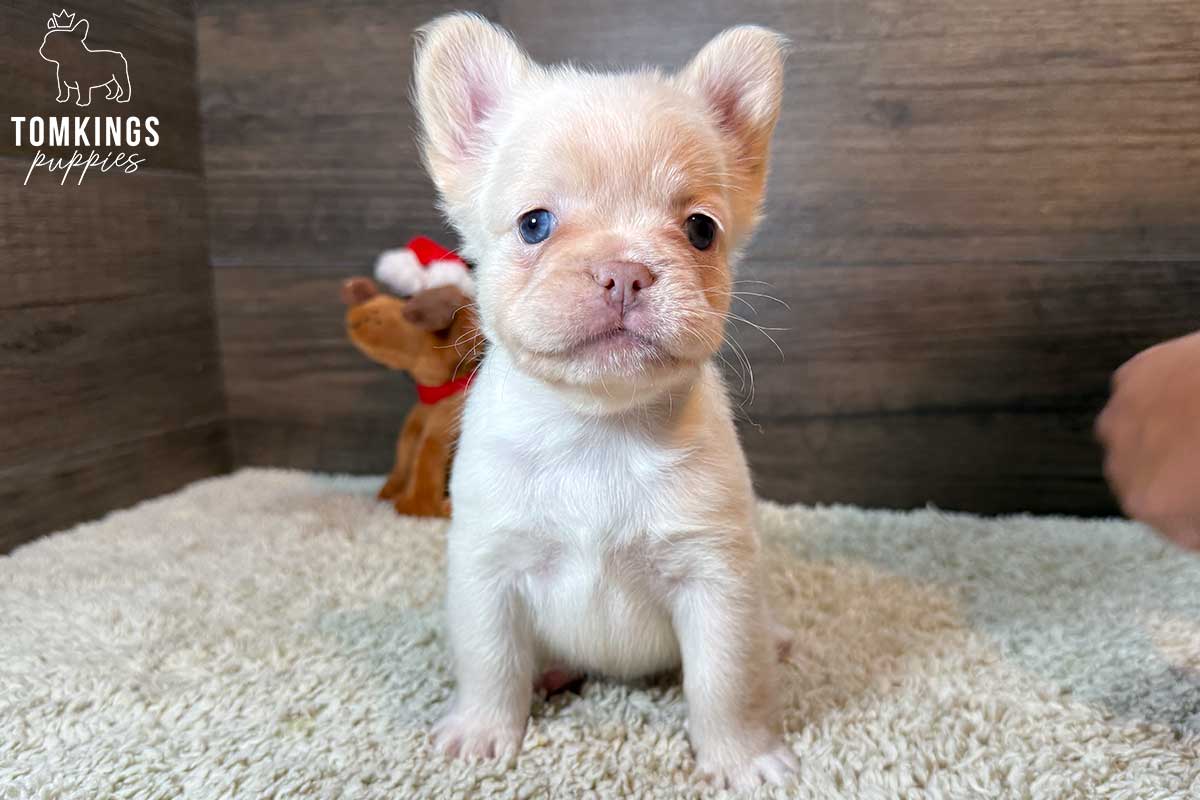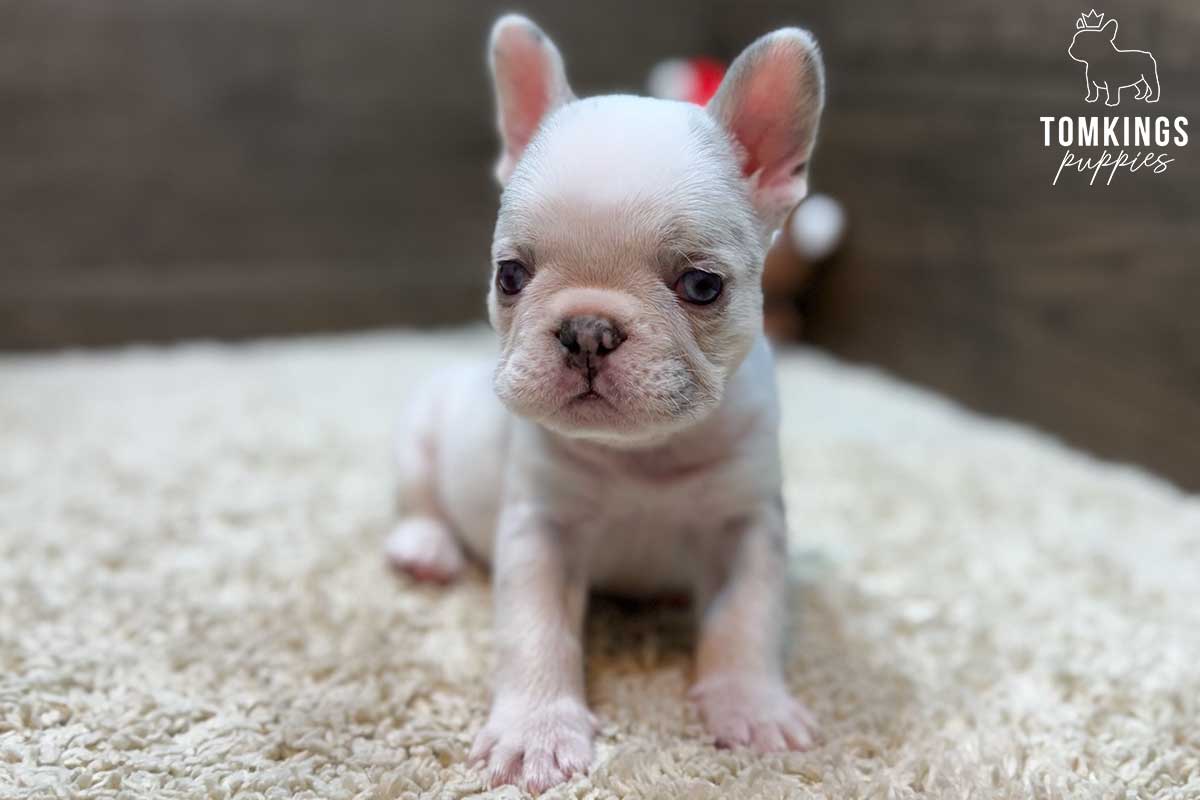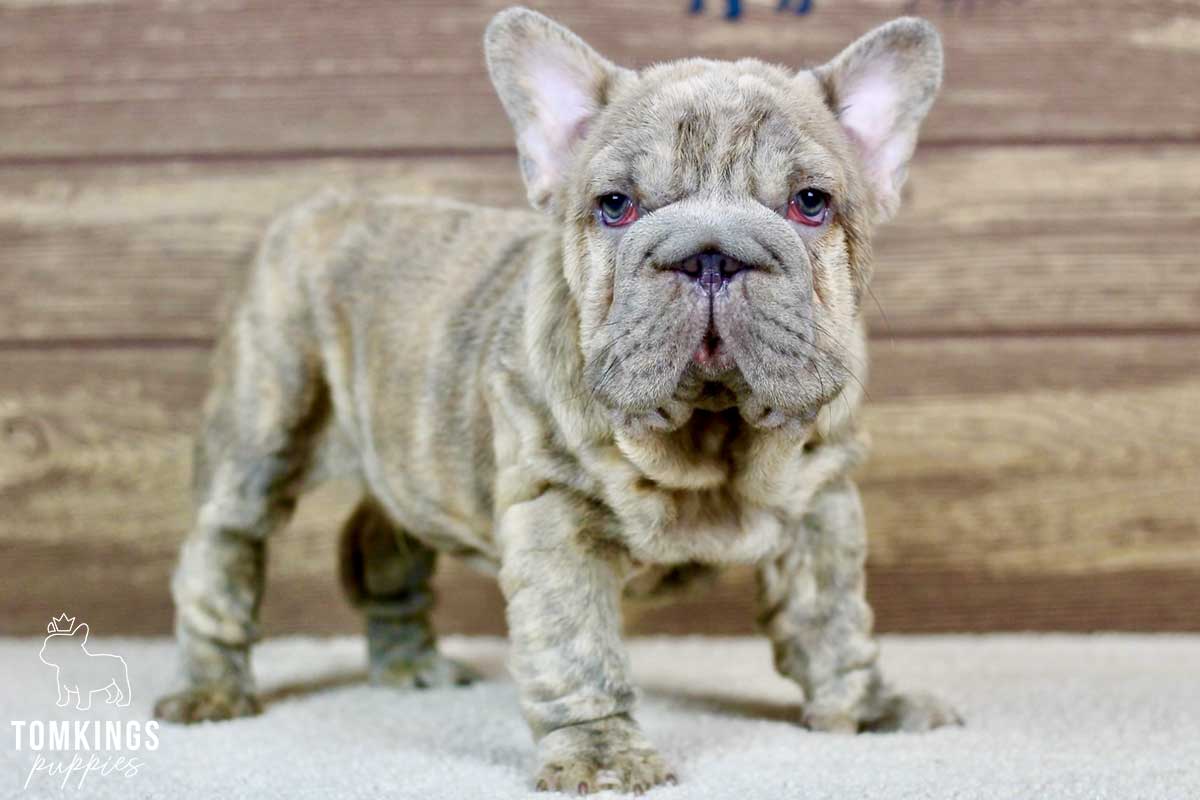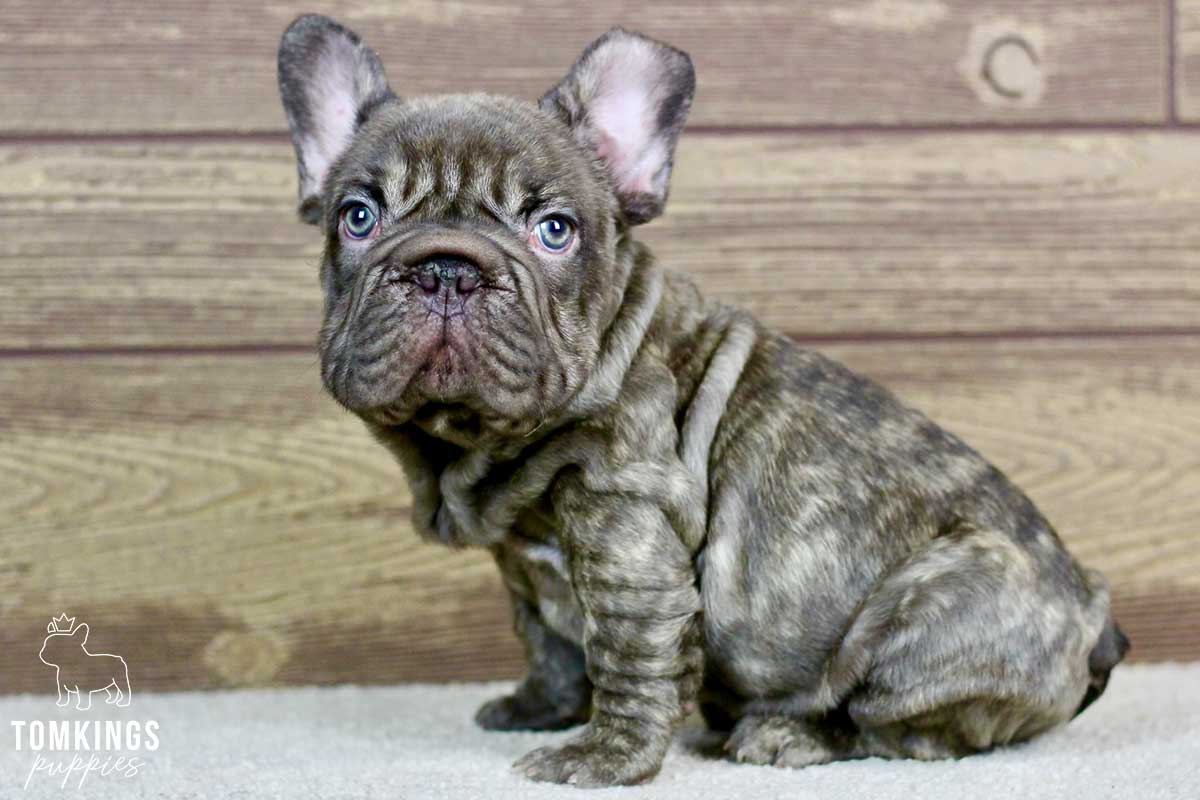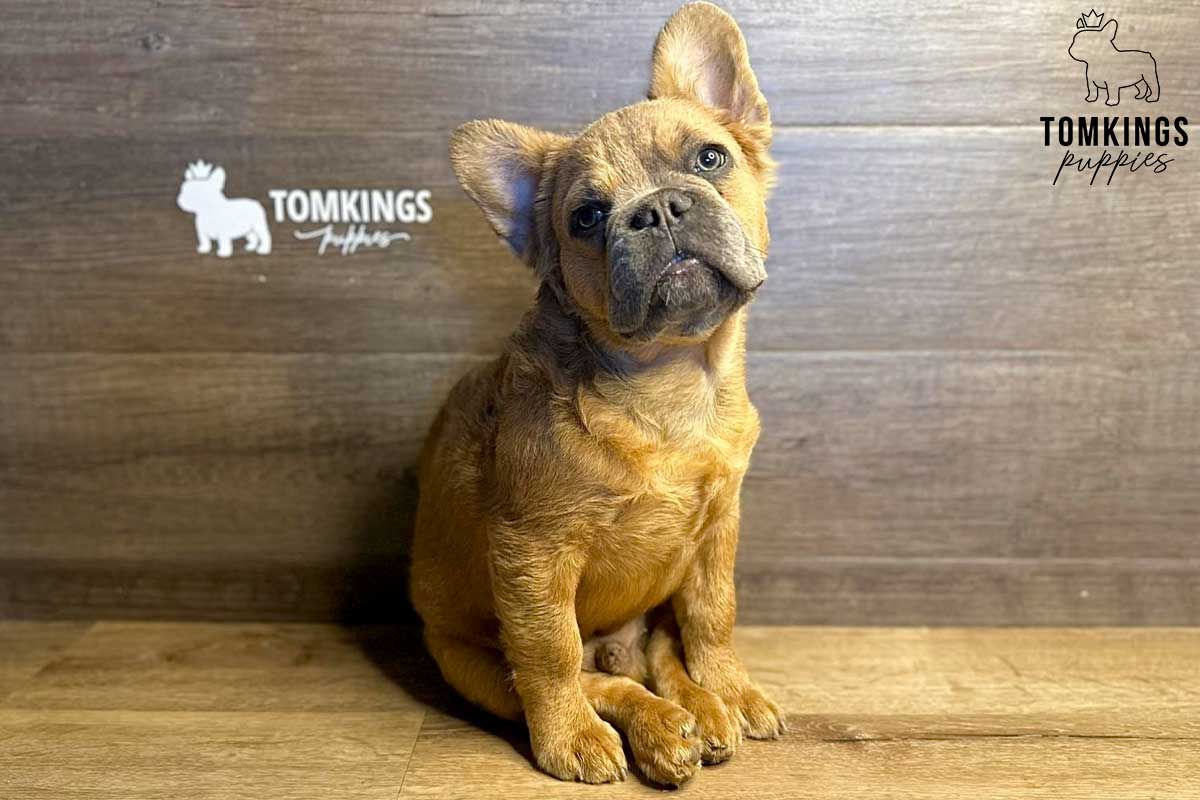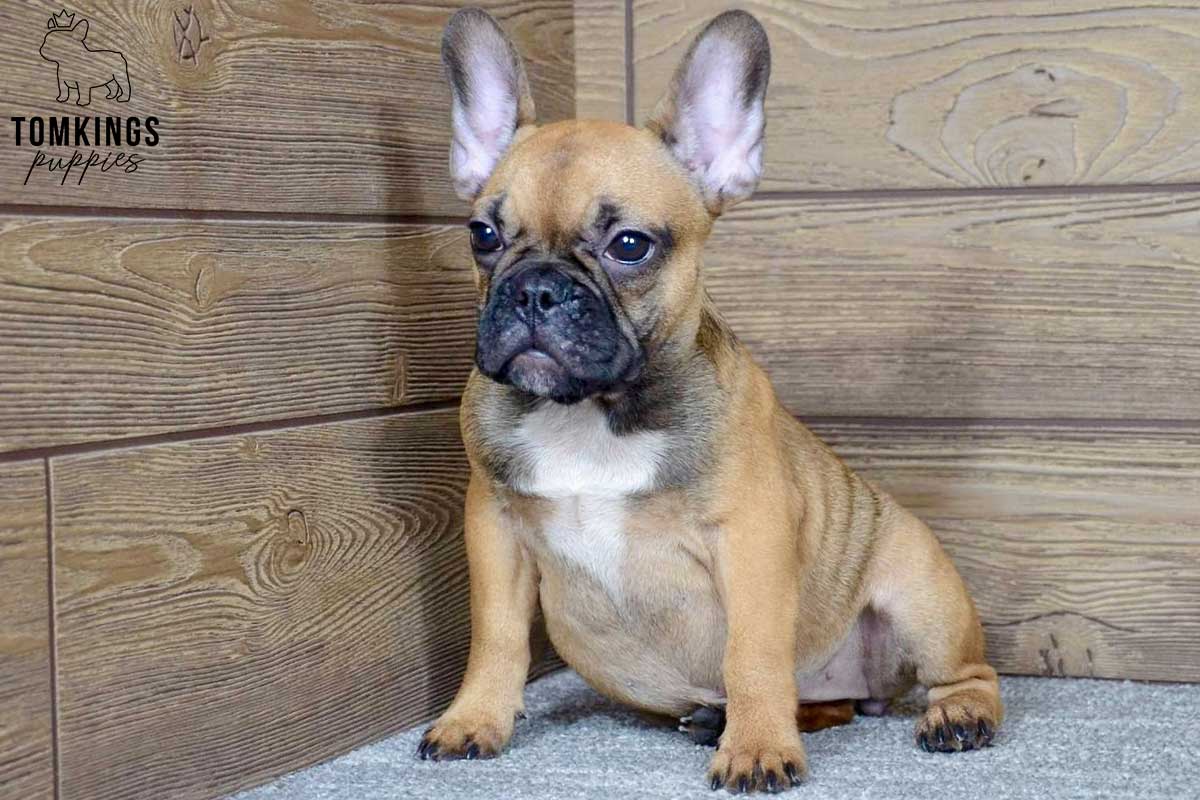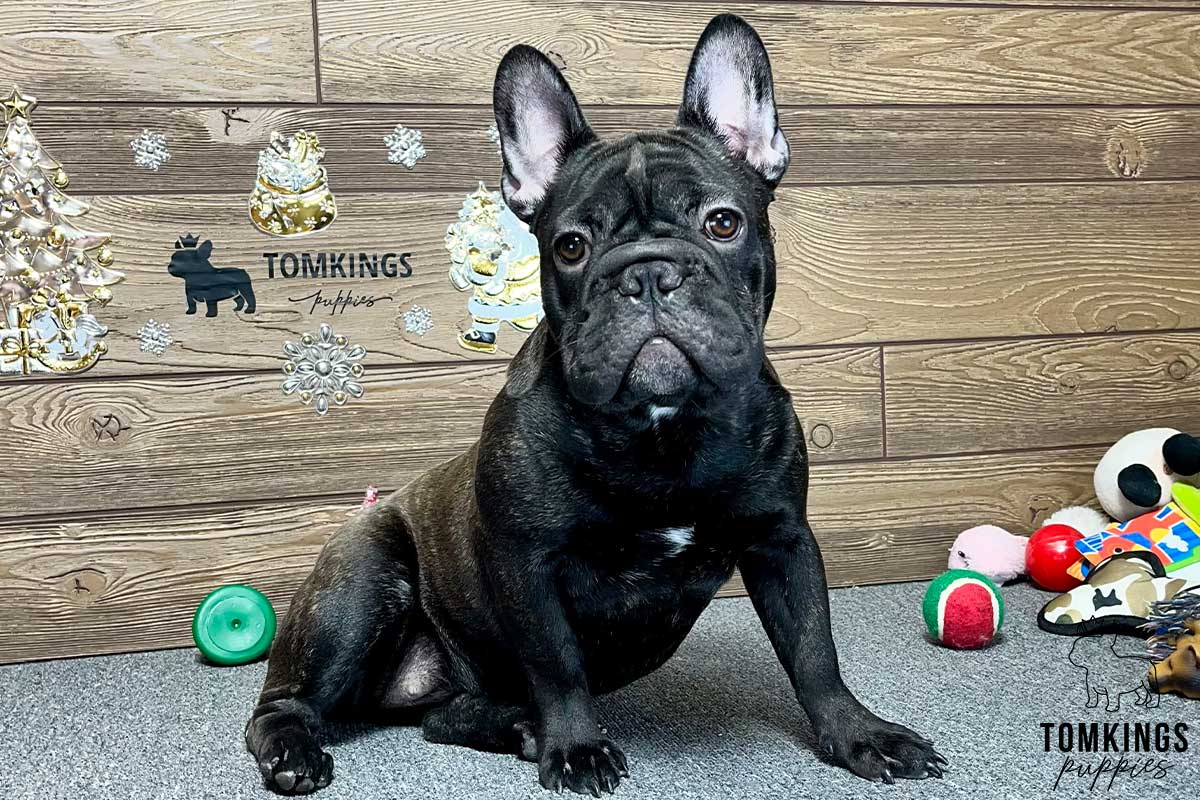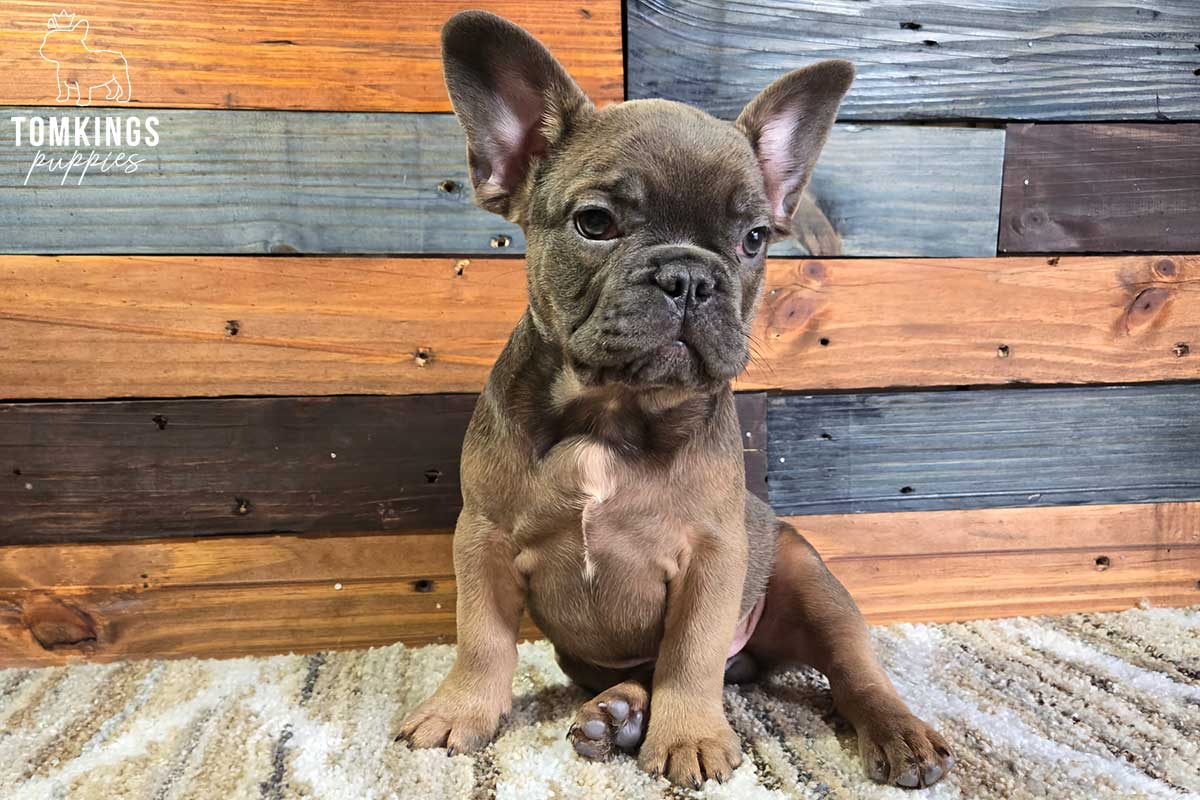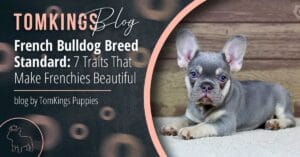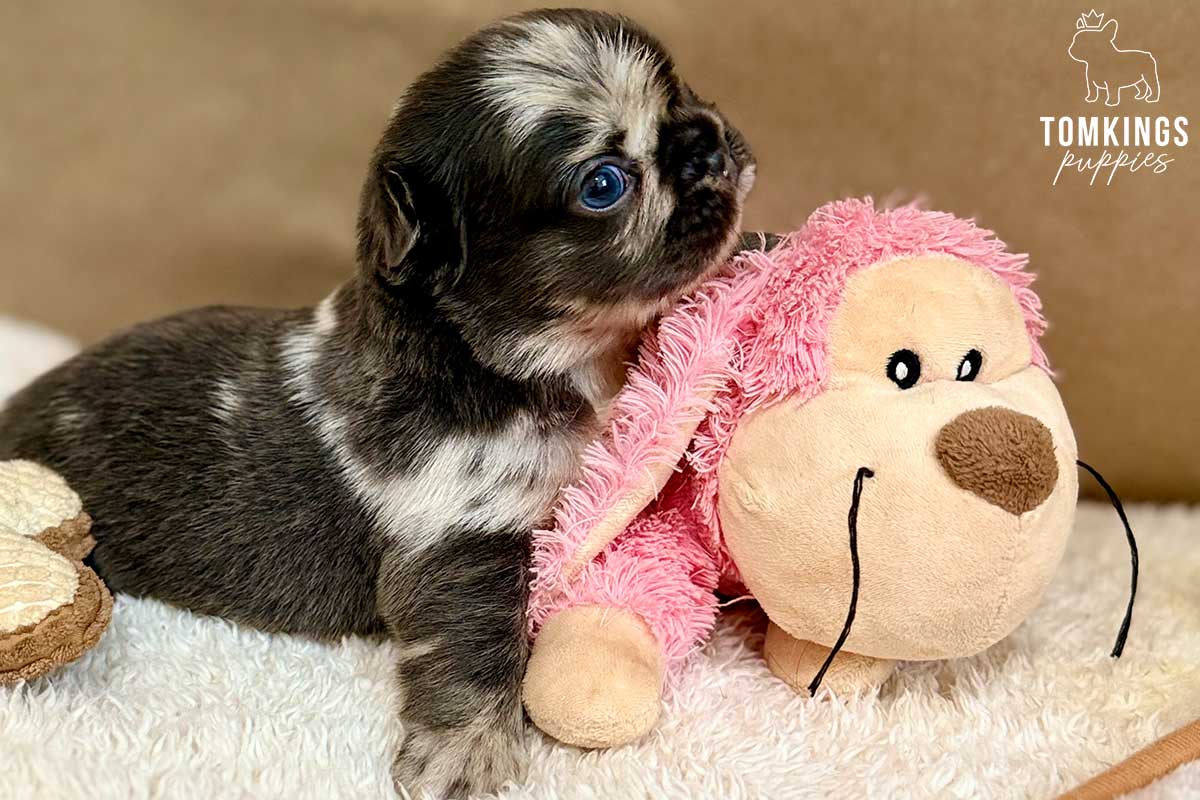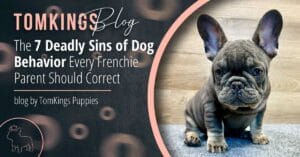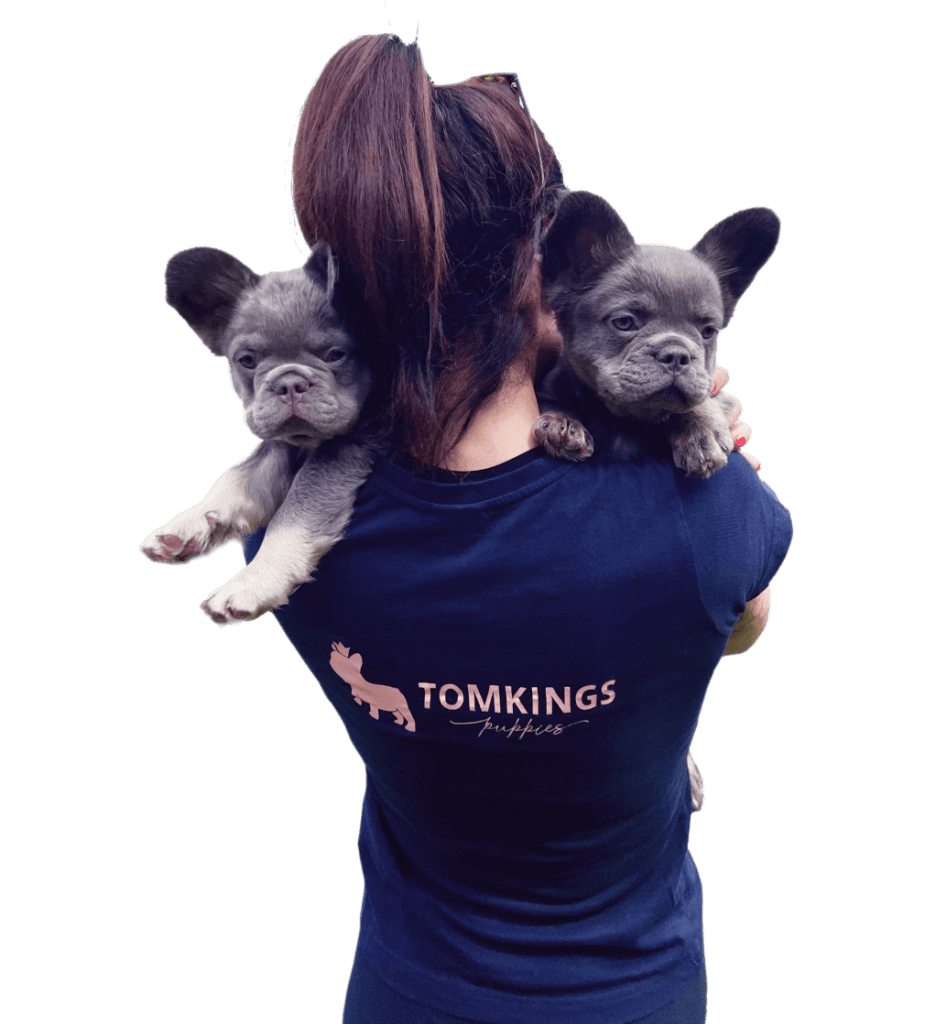Are you dreaming of a new furry family member who will fit right into your bustling household? From large, energetic breeds that thrive in active households to small, cuddly pups perfect for less spacious homes, understanding what makes each breed special can help you find a match that suits your family. In this guide, we will explore some of the best family dog breeds across different sizes, each with their unique needs and qualities.
Table of Contents
ToggleWhy Choosing the Right Breed Matters
Choosing the ideal dog for your family is much more than bringing any cute puppy home to be your child’s furry playmate. That small pup will soon become a full member of your family and have a big influence on your everyday lives. So, it’s essential that you pick a breed whose energy level, size and temperament matches your lifestyle and family rhythm perfectly.
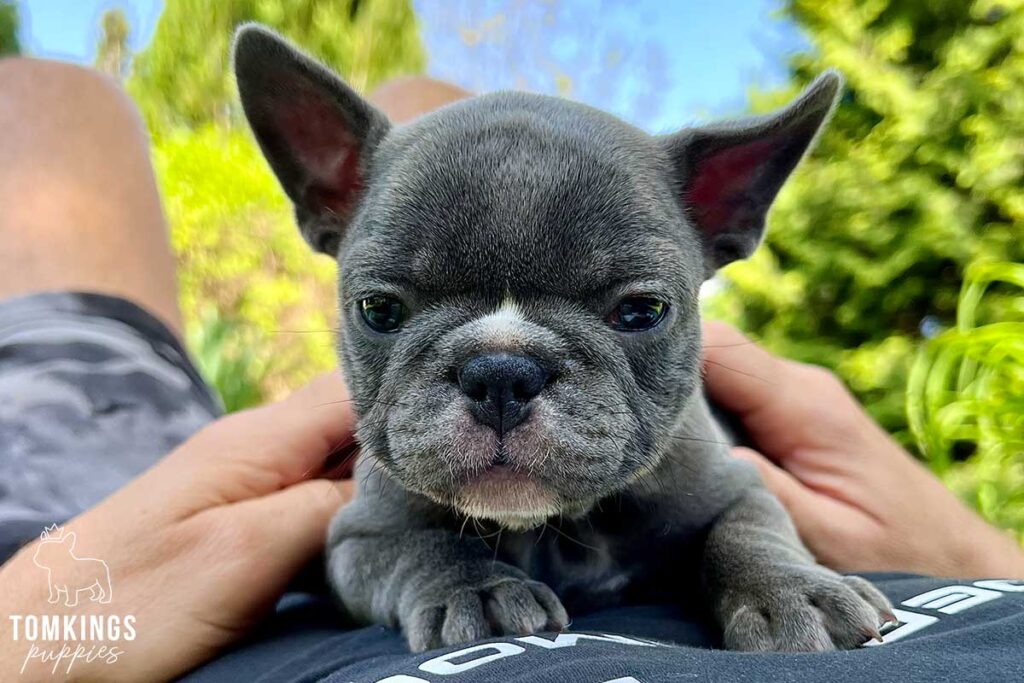

For example, if you’re a family with an active lifestyle, a dog that thrives on exercise and outdoor activities will fit seamlessly into your daily routine. On the other hand, if your family enjoys a more relaxed pace, a calm dog with lower energy levels may be more suitable. The size of the dog also plays a critical role, especially in homes with limited space or small children. Larger breeds, while often gentle and protective, require more room to move and can accidentally knock over young children while playing.
The temperament of the dog is by far the most important aspect to consider, ensuring friendly and safe interactions with your family members, especially your children. Breeds like French Bulldogs, known for their patience and stable, gentle nature are typically recommended for families because they are more likely to form strong, safe bonds with kids. If you’re looking not just for companionship but also a sense of security, guard dog breeds can be wonderful additions to families, provided they are well-trained to balance their protective instincts.
Finally, for families with allergies or a preference for low-shedding dogs, it’s important to consider hypoallergenic breeds that are less likely to trigger allergic reactions. By carefully considering all these factors, you can ensure that your new furry family member is truly a perfect fit who will enrich your lives in ways you never thought was possible!
Best Family Dog Breeds: A Comprehensive Guide
In the following sections, we’ll explore the different groups of the best family dog breeds based on size and specific characteristics, mentioning three popular choices within each. Let’s find the perfect companion for your home!
Large Breeds for Families
When considering a family dog, large breeds often come to mind due to their striking presence and hearty nature. These dogs can be a fantastic addition to active families with enough space to accommodate their size, both indoors and outdoors. They thrive in environments where they can move freely, as they need considerable exercise to maintain their health and happiness. Multiple daily walks, runs or play sessions are essential, making them ideal for families who enjoy outdoor activities.
It’s crucial to socialize large dogs properly from a young age to ensure they know their strength relative to small children. With proper training and socialization, large breeds can be gentle giants, displaying protective behavior and deep affection for their family members. Here are three popular choices that are known for their family-friendly dispositions.
Labrador Retriever
Labrador Retrievers are one of the most popular family dog breeds worldwide. Known for their friendly and outgoing nature, Labradors are highly adaptable and thrive on companionship. They are energetic and playful, requiring regular physical activity to keep them healthy. Their intelligence and eagerness to please make training a rewarding experience. Labs are also known for their patience with children, making them an excellent choice for a family pet.
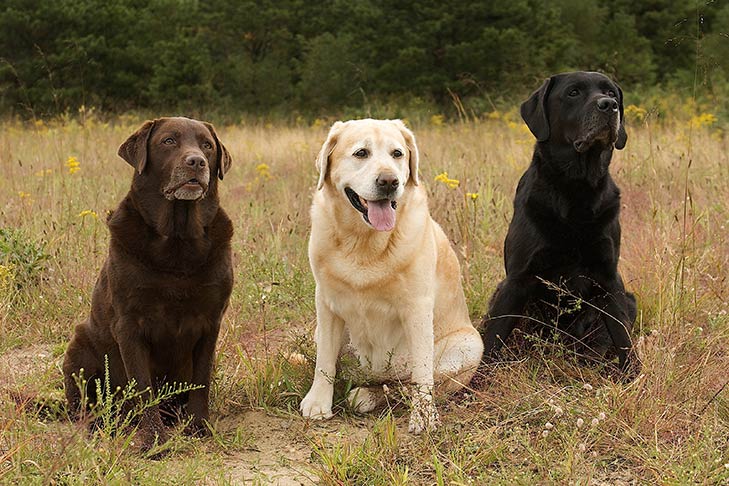

Golden Retriever
Golden Retrievers are similar to Labradors in their love for human interaction and are celebrated for their gentle disposition. They are incredibly patient, which is ideal for families with young children. Goldens require plenty of exercise and are always ready for a game of fetch or a hike. Their intelligence and trainable nature make them suitable for various roles, including therapy dogs and service animals. Their loyalty and protective instincts make them not only a pet but also a guardian for the family.
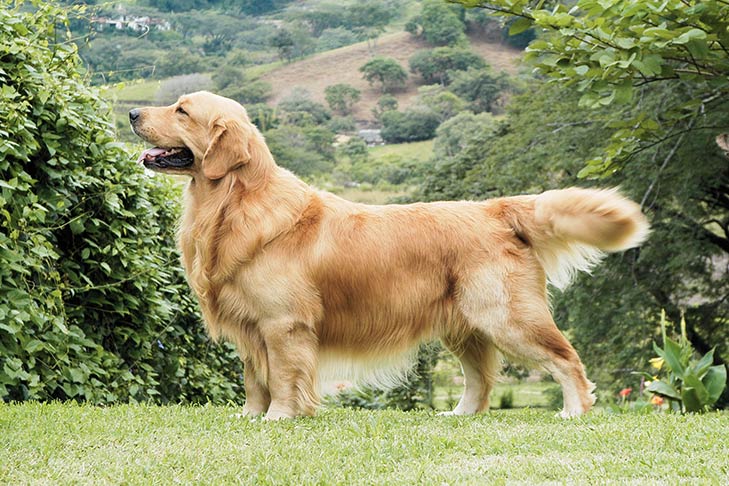

Bernese Mountain Dog
The Bernese Mountain Dog is a gentle giant with a calm and affectionate temperament, ideal for families with sufficient space. Although their size might be imposing, they are known for being particularly gentle with children. They do well in colder climates and need regular moderate exercise to stay fit. Bernese Mountain Dogs are also known for their loyalty and can be very protective of their family members, making them excellent companions.
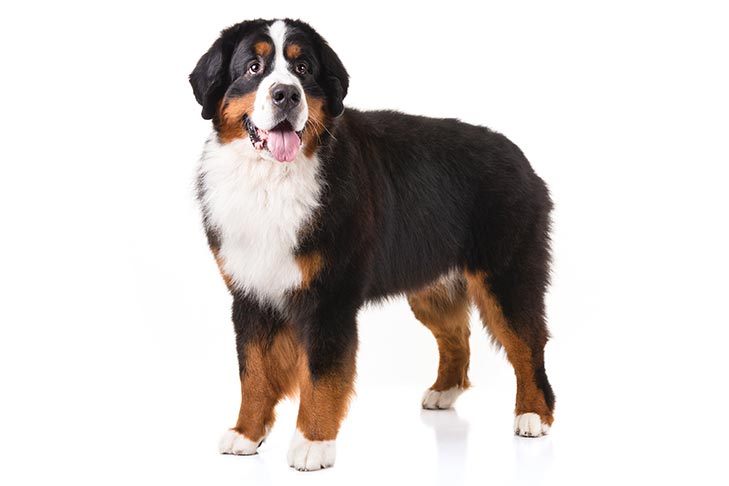

Medium-Sized Breeds for Families
Medium dog breeds often embody the perfect middle ground in terms of size, energy, and maintenance. They are typically easier to handle than larger breeds, especially important for families with younger children. Their exercise needs are substantial but not as demanding as those of larger breeds, making them ideal for families who enjoy regular outdoor activities but can’t commit to the rigorous exercise regimes larger dogs often require.
Medium-sized dogs are generally known for their balanced temperament. They can be energetic and playful without being overly rambunctious. They are large enough to handle the rough play of kids but not so large that they pose a risk of unintentionally harming young ones. Let’s see three of the best family dog breeds.
Border Collie
Known for their extraordinary intelligence and high energy, Border Collies are excellent for families that can provide lots of mental stimulation and physical exercise. They excel in homes that can engage their active minds with games, tasks, and training. Border Collies are also incredibly affectionate with family members and make excellent companions for active, engaging lifestyles.
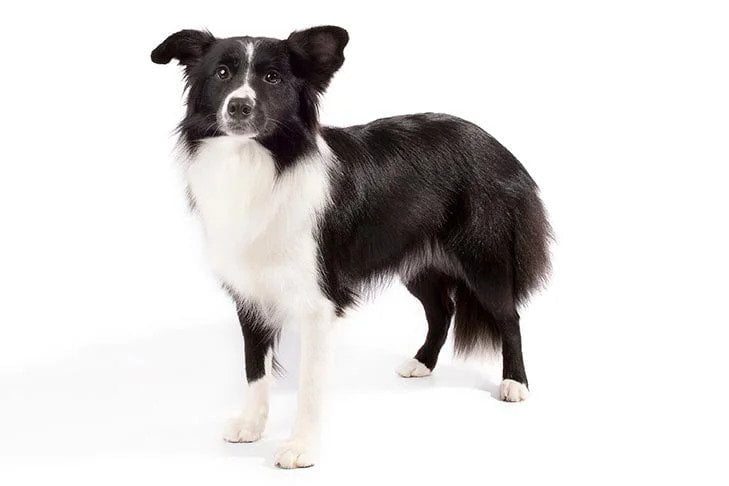

English Bulldog
Bulldogs are great for families looking for a less active but incredibly loyal pet. They are particularly good in smaller living spaces like apartments due to their lower energy levels. Bulldogs are known for their sturdy build and calm temperament, making them good companions for kids who need a less energetic, but affectionate pet.
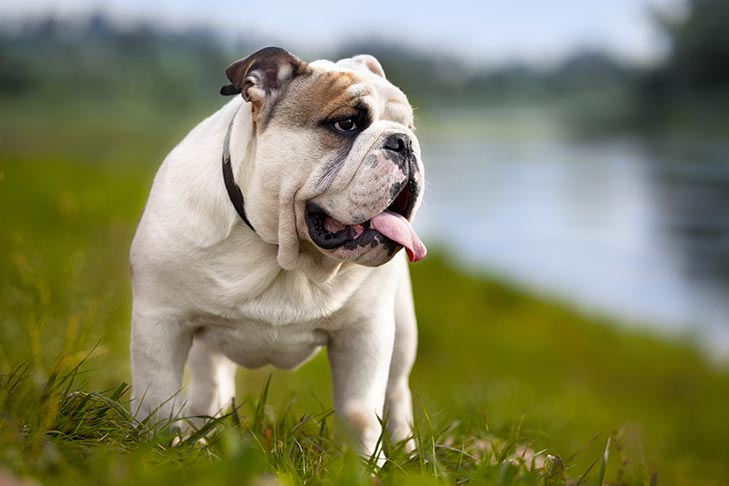

Cocker Spaniel
Cocker Spaniels are known for their gentle and affectionate nature, making them ideal family pets. They require regular grooming and exercise, which provides great opportunities for family bonding and outdoor activities. Their size and playful nature make them a good match for families with children, as they are energetic enough to play yet easy enough to manage during daily routines.
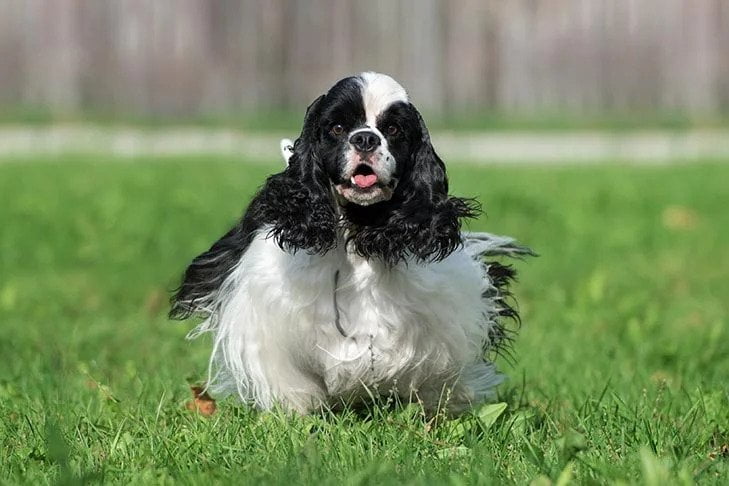

Best Small Family Dog Breeds
Small dog breeds are perfect for families living in apartments or homes with limited outdoor space. Despite their small size, they still need regular exercise and mental stimulation but to a lesser extent compared to larger breeds. Small breeds are often more sensitive to colder temperatures, so families should be prepared to provide sweaters or coats in cooler climates.
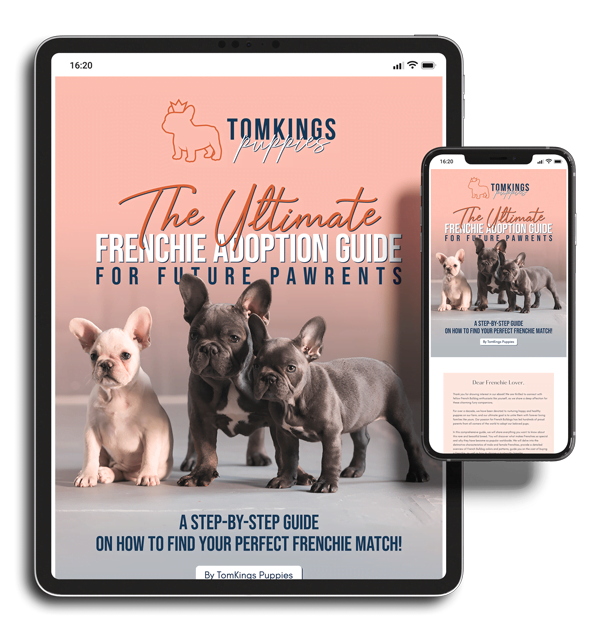

Ultimate Guide
to Adopting a Frenchie
Small dogs can be just as affectionate and loving with their families as their larger counterparts. However, due to their size, it’s crucial for children to learn how to interact with them gently. Small breeds can feel threatened or scared if handled too roughly, so teaching children how to care for and handle small pets respectfully is essential. Despite their petite size, many small breeds do not lack in personality and can be quite spirited and playful. Here are the three most popular choices for families.
French Bulldog
French Bulldogs are particularly popular in urban environments due to their low exercise needs and compact size. They have a friendly, mild-mannered temperament, making them ideal for families with children. Frenchies love to be involved in family activities and are known for their affectionate nature. They do well in smaller spaces and are content with short walks and plenty of cuddle time.


Available puppies
Available Puppies
Beagle
Known for their friendly and curious nature, Beagles make great family pets. They are sturdy little dogs with a lot of energy and an ever-wagging tail. Beagles are intelligent, require moderate exercise, and enjoy participating in family activities. Their size and disposition make them excellent companions for children, provided the play remains respectful and gentle.
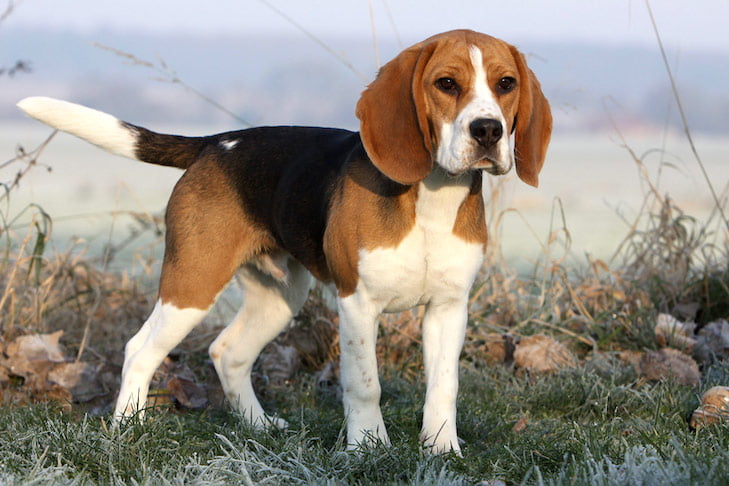

Cavalier King Charles Spaniel
This breed is renowned for its affectionate nature and adaptability. Cavaliers are perfect family companions, thriving on human interaction and easily getting along with children and other pets. They require regular grooming and enjoy a balance of playful activities and relaxing time with their families. Their gentle demeanor and willingness to please make them easy to train and a joy to have around.


Best Family Guard Dog Breeds
Choosing a guard dog for your family is about finding a breed that offers protection while being a loving member of the household. Proper training and socialization from a young age ensures that your dog is safe around family and friends, and understand their role within the family unit. A well-trained guard dog is approachable and gentle with their family but alert and cautious with strangers.
While guard dogs are protective, their interaction with children should be supervised, especially in breeds with strong protective instincts. Educating children on how to interact safely with larger, more assertive dogs will ensure mutual respect and understanding. Let’s explore some of the best breeds for families looking for both protection and companionship.
German Shepherd
Renowned for their intelligence and versatility, German Shepherds are one of the top choices for family guard dogs. They are fiercely loyal and can be trained to a high standard. Known for their courage, they are protective yet well-behaved around their families when properly trained. Their active nature means they require plenty of exercise and mental stimulation.


Doberman Pinscher
Dobermans are known for their agility, speed, and protective instincts, making them excellent guard dogs. They are powerful and fearless with a natural instinct to protect. However, they are also highly intelligent and can be loving companions to children if socialized and trained correctly from an early age.


Staffordshire Bull Terrier
Often misunderstood, the Staffordshire Bull Terrier is actually known for its affectionate nature, especially towards children. They are robust and loyal, making them good family protectors. Early socialization and consistent training are important for this breed to ensure they are well-adjusted and confident.
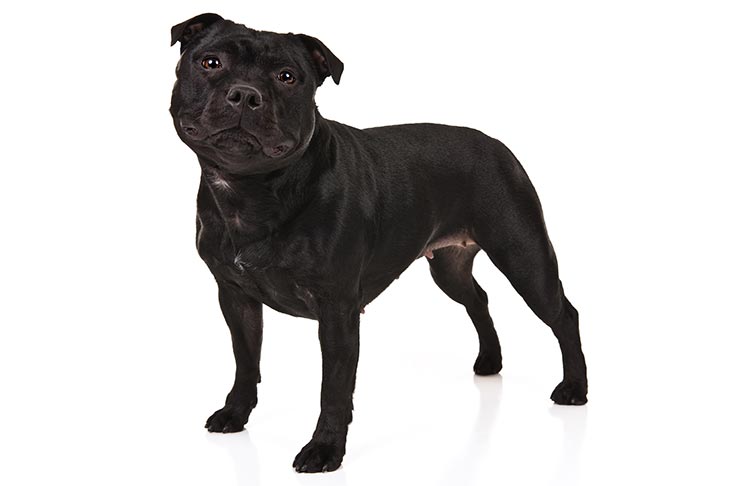

Best Family Dog Breeds That Don’t Shed
For families with allergy concerns or preferences for maintaining a cleaner home environment, choosing a dog breed that doesn’t shed much can be a crucial decision. Hypoallergenic dog breeds can significantly reduce the amount of pet fur in your home, which is the most common cause of pet-related allergies. These breeds typically have hair that grows much like human hair, shedding less and thus reducing allergic reactions. Here’s a look at some of the best non-shedding breeds that are also great for families.
Poodle
Poodles come in three sizes (standard, miniature, and toy) and are one of the most popular non-shedding breeds. Known for their intelligence and high trainability, Poodles are excellent family pets. They require regular exercise and mental stimulation, along with professional grooming to keep their hypoallergenic coat in good condition.
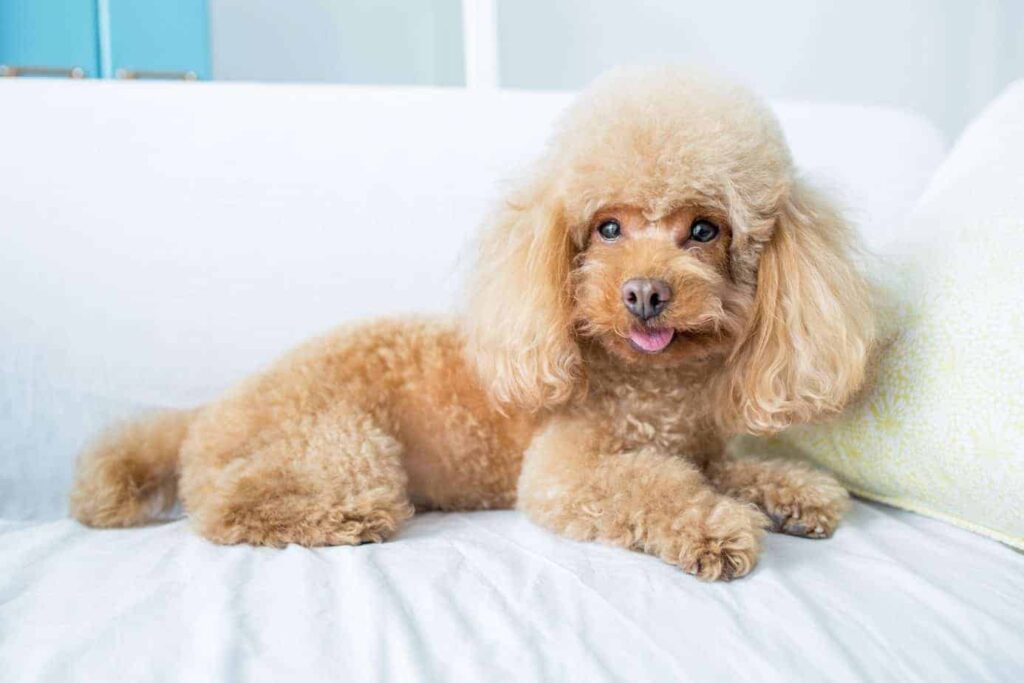

Bichon Frise
Small, charming, and with a playful disposition, Bichon Frises are another favorite among families looking for a hypoallergenic dog. Their curly coats shed very little hair, and they are known for being cheerful and affectionate with family members.
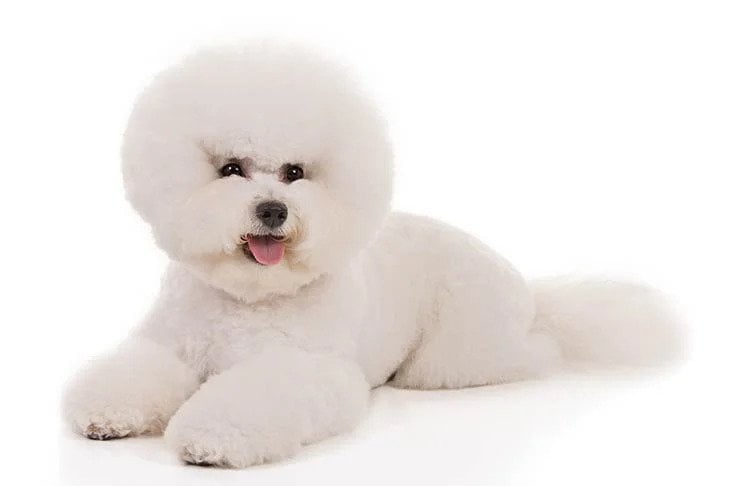

Yorkshire Terrier
Yorkshire Terriers are small in size but big on personality, making them a suitable choice for families living in smaller spaces. They have a silky, hypoallergenic coat that requires regular grooming. Despite their petite size, they can be feisty and full of energy, enjoying interactive play sessions with their family.


Tips for Choosing Your Family Dog
At the beginning of the article, we have already explained why choosing the right dog breed for your family is essential. Now, we will give you some additional tips to guide you through this important decision-making process.
Evaluating a Dog’s Temperament
A dog’s temperament is a key factor in determining how well they will fit into your family. Look for breeds known for their friendly and gentle nature if you have children. Interaction during adoption or buying processes can give you insights into a dog’s personality. Observing the dog in various situations, such as around other dogs, strangers, and during play, can help assess their temperament.


Subscribe to our weekly blog newsletter
Consider Energy Levels
The dog’s energy level should match your family’s lifestyle. Active families might do well with high-energy breeds like Border Collies or Labradors, who thrive on physical activity and play. In contrast, if your family enjoys quieter, more relaxed days, a Bulldog or a Frenchie might be more appropriate, as they often require less physical activity.
Adaptability to Home Environment
Consider how a dog will adapt to your living environment. Larger breeds typically need more space to feel comfortable, while smaller breeds can be perfect apartment dogs. Additionally, consider the breed’s adaptability to changes, such as new people or pets being introduced to the home.
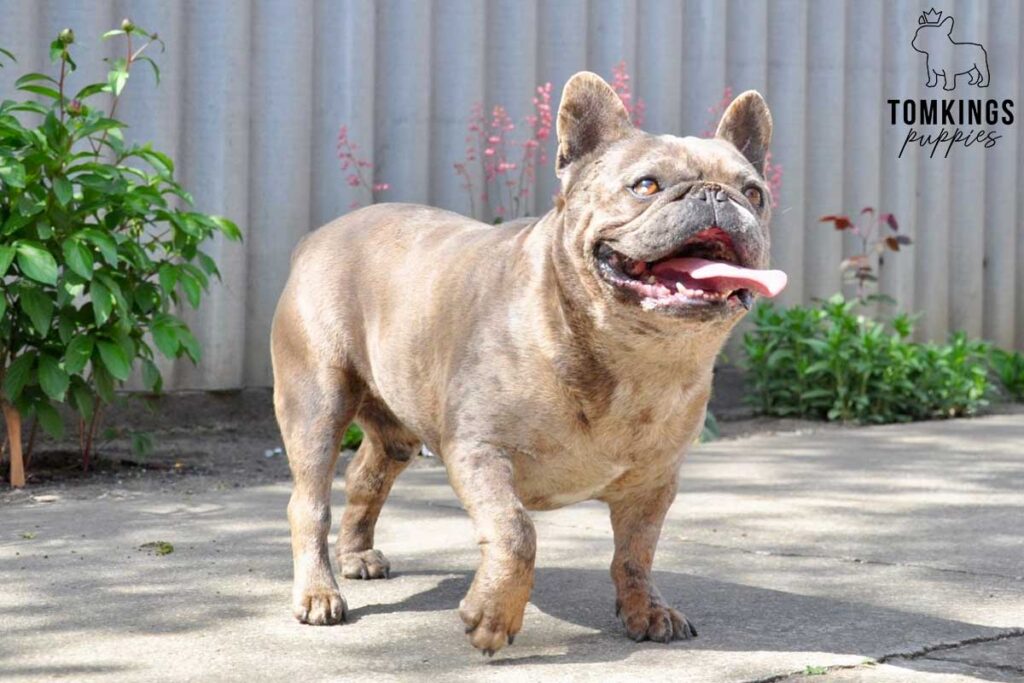

Some breeds are known to thrive in any family setting due to their adaptable and easygoing nature. For instance, Golden Retrievers and French Bulldogs are generally good with children and adaptable to various living situations, making them ideal for many families.
By carefully considering these aspects, you can choose a dog that will grow into a cherished member of your family, providing joy and companionship for years to come.
Integrating a New Dog into Your Family
If you managed to find your perfect family dog, congratulations! Now it’s time to learn the steps to help your new pet become a comfortable and happy member of your family.
Initial Introduction
Introduce the new pup to family members one at a time in a calm, controlled environment. Allow them to approach everyone on their own terms, using treats and gentle speech to foster positive associations. Read this article to learn the best ways to introduce a puppy to small kids and babies as well.
Setting Boundaries Early
Establish rules and boundaries from day one to help your new dog understand their limits within the home. Decide which areas of the house are off-limits and where the dog is allowed to sleep and eat. Consistency from all family members in enforcing these rules is key to helping your dog feel secure and understand what is expected of them.
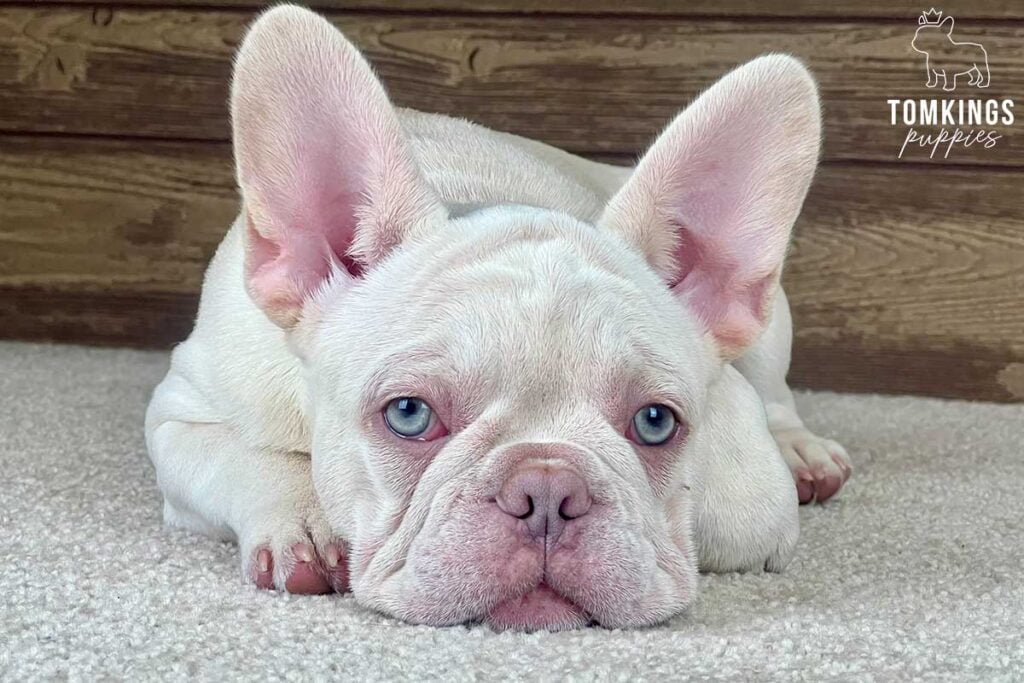

Training and Socialization
Begin basic training as soon as your new dog settles in. Commands like sit, stay, and come can help in managing your dog’s behavior effectively. You should also socialize them with other dogs, humans, and new environments carefully—positive experiences will help in building confidence and good behavior.
Creating a Comfortable Environment
Make sure your dog has a comfortable, safe space of their own where they can retreat when overwhelmed or tired. This could be a cozy corner with a bed and some toys. Having their own space helps dogs feel more secure and integrated into the family.
Patience and Understanding
Remember that every dog is different, and some may take longer to adjust to a new home than others. Be patient and provide plenty of love and positive reinforcement as your dog learns about their new world. Taking the time to understand and nurture your new puppy’s needs will lead to a fulfilling and joyful addition to your household, ensuring they become a beloved part of your family for years to come.
If you’d like to learn more about Frenchies, join our Facebook group called TomKings Frenchie Family to read our Frenchie parents’ experiences!
Related Blogposts:
- 7+1 Reasons NOT to Get a Frenchie
- French Bulldog Breed Standard: 7 Traits That Make Frenchies Beautiful
- Chihuahua vs French Bulldog: Can We Help You Choose?
- Why Two French Bulldogs Are Better Than One: 7 Benefits You’ll Love
- The 5 Biggest Mistakes New Frenchie Parents Should Avoid
- 9 Dogs That Look Like French Bulldogs

